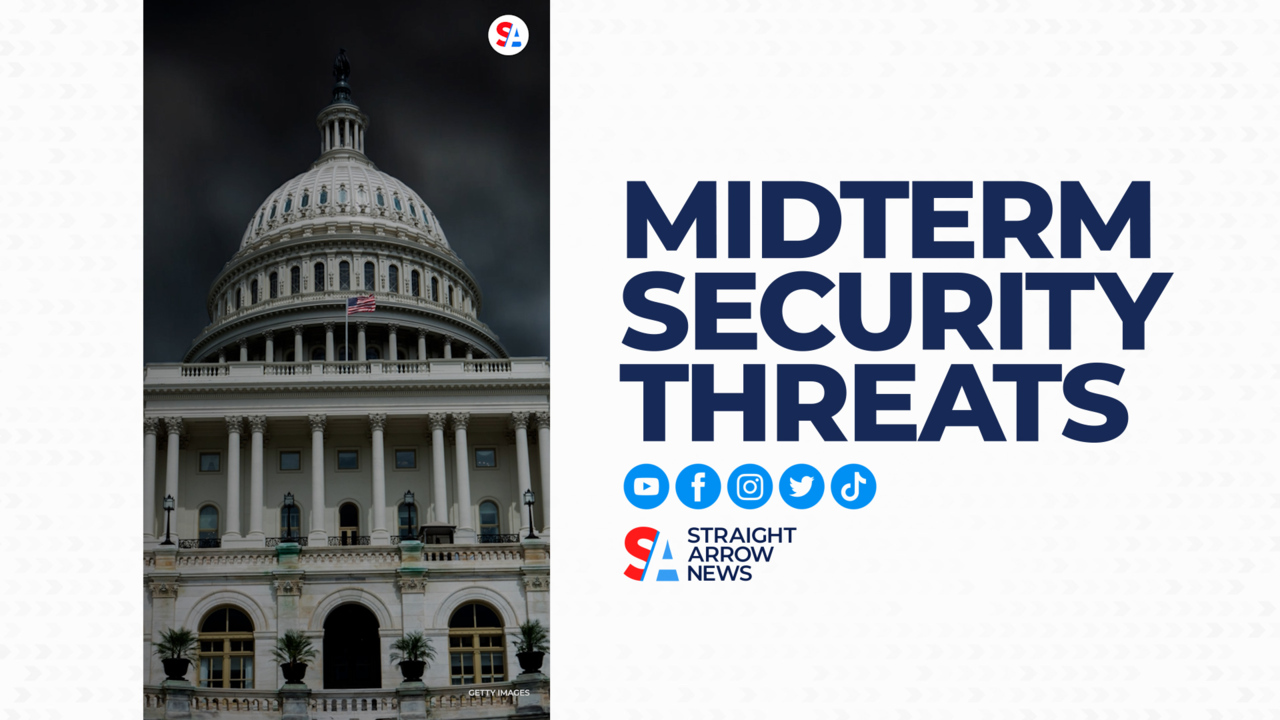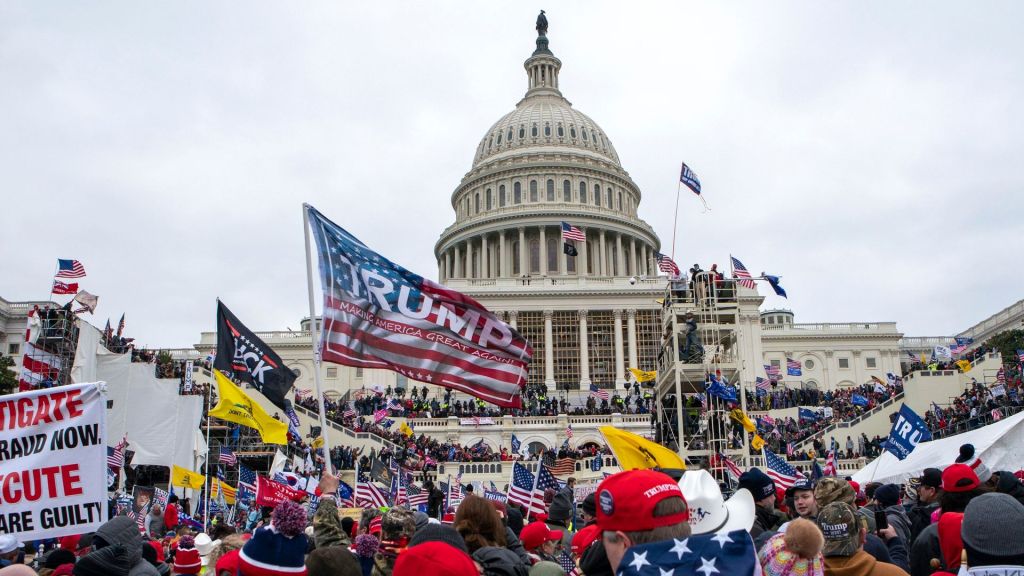
MAHMOUD BENNETT: THE MIDTERM ELECTIONS HAVE ARRIVED, DEMOCRATS AND REPUBLICANS ARE FIGHTING IN EVERY STATE FOR CONTROL OF THE US HOUSE AND SENATE. BUT AS YOU CAST YOUR BALLOT, HERE ARE 3 ELECTION SECURITY THREATS TO WATCH OUT FOR:
NUMBER 1, ELECTION DISINFORMATION: U.S. OFFICIALS ARE ON ALERT FOR FALSE ANNOUNCEMENTS OF RESCHEDULED ELECTIONS FROM EMAILS OR ACCOUNTS CLAIMING TO BE ELECTION OFFICES.
ACCORDING TO THE FBI: FOREIGN ACTORS CAN ALSO MANUFACTURE FALSE CLAIMS ABOUT VOTER HACKING TO PROMOTE DISTRUST – THE FBI SAYS THEY HAVE NO INFORMATION SUGGESTING ANY BALLOTS HAVE BEEN COMPROMISED THROUGH WEB ATTACKS.
NUMBER 2 IS SOCIAL MEDIA ACCOUNT HIJACKING. WE SAW IT IN 2020 WHEN A FLORIDA TEENAGER TOOK OVER THE TWITTER ACCOUNTS OF POLITICIANS, BUSINESS LEADERS AND CELEBRITIES.
ACCORDING TO POLITICO, HACKERS COULD SIMILARLY TAKE OVER A CANDIDATE’S SOCIAL MEDIA ACCOUNT ON ELECTION DAY IN ORDER TO MAKE INFLAMMATORY COMMENTS TO ALIENATE VOTERS OR SPREAD FALSE ELECTION INFO.
LASTLY AT NUMBER 3 – VOTER INTIMIDATION: IN ARIZONA A JUDGE HAD TO ORDER A GROUP OF ARMED MEN TO STAY AWAY FROM ELECTION DROP BOXES AFTER THEY WERE ACCUSED OF BULLYING VOTERS.
FEDERAL LAW PROHIBITS VOTER INTIMIDATION, BUT A RECENT POLL FOUND TWO IN FIVE VOTERS SAY THEY’RE STILL WORRIED ABOUT THREATS OF VIOLENCE AT THE POLLS.
OFFICIALS SAY YOU CAN REPORT ISSUES TO POLL WORKERS AND ELECTION OFFICIALS AT THE LOCATION YOU’RE VOTING.






